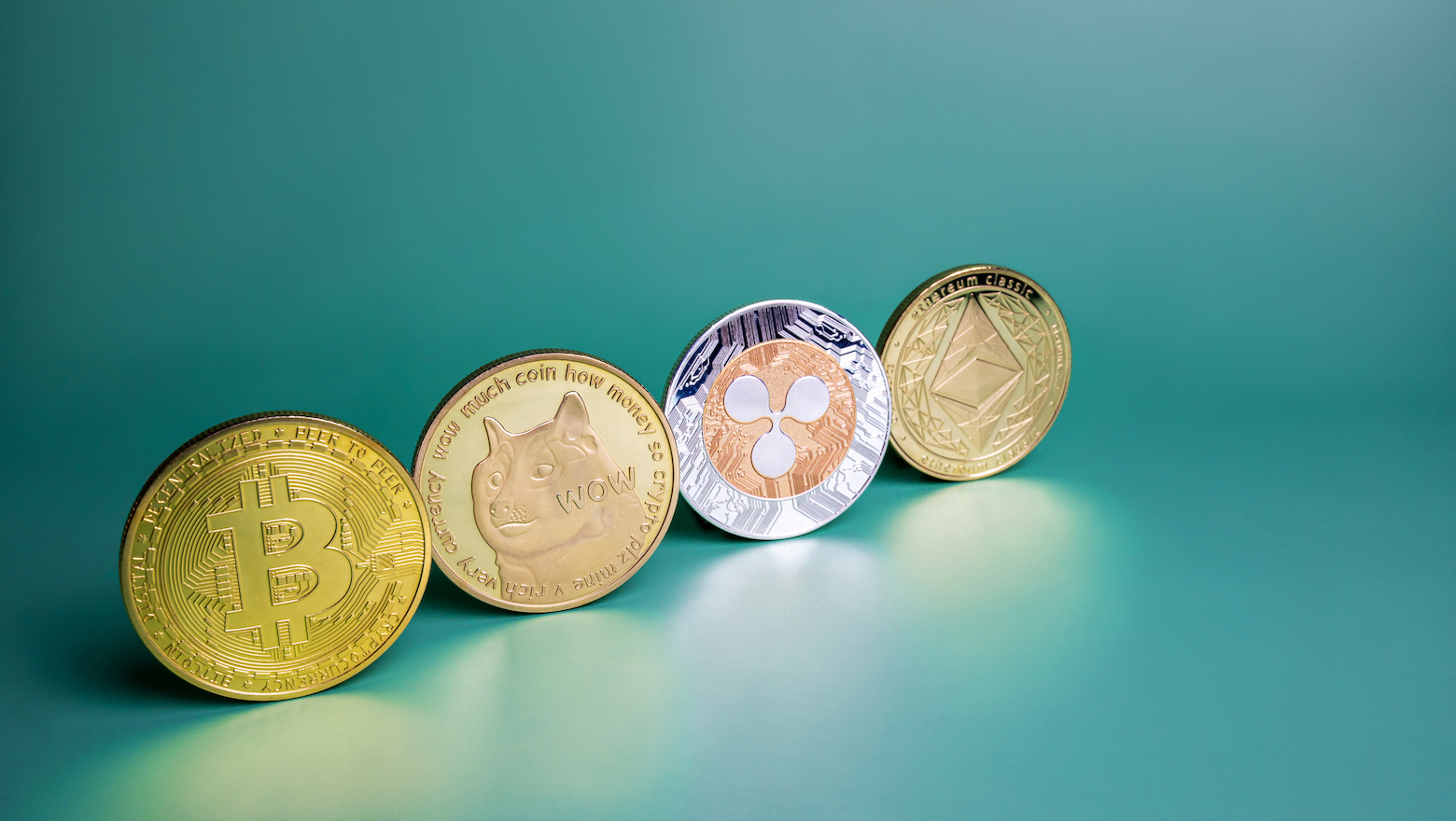Learn why market manufacturers are vital in crypto, assisting exchanges with liquidity and tasks with secure token markets for smoother trading.
Market makers are typically an underappreciated yet indispensable part of economic markets. These entities, firms or people, play an important function in making certain that monetary markets operate smoothly. To recognize why market makers are necessary, allow’s dive into their function and that benefits from their solutions in the crypto globe.
Why does one require a Crypto Market Maker?
What Are Market Manufacturers?
At their core, market manufacturers provide liquidity to monetary markets. They do this by quoting deal prices for crypto assets. Their objective is to promote transactions for various other market individuals, guaranteeing that purchasers and sellers can trade effectively without substantial hold-ups or price volatility. In crypto markets, the role is commonly filled up by algorithmic trading companies such as Gravity Team.
Market Manufacturers in Crypto: An One-of-a-kind Landscape
The cryptocurrency market provides special obstacles and opportunities for market makers because of its decentralized 24/7 nature and high volatility. Market manufacturers play an important function in resolving these obstacles and enabling the community to flourish.Read more crypto market makers At website Articles
Why Crypto Exchanges Requirement Market Makers
Cryptocurrency exchanges count heavily on market makers to ensure their systems continue to be attractive to traders. Below’s how market manufacturers support exchanges:
- Preserving Energetic Order Publications: Market manufacturers occupy order books with buy and sell orders, ensuring there is always activity on the platform. This liquidity urges investors to make use of the exchange, knowing they can perform their trades promptly at practical costs.
- Minimizing Bid-Ask Spreads: Narrow bid-ask spreads make trading a lot more economical for individuals. By supplying affordable quotes, market makers boost the trading experience and drive volume on the exchange.
- Handling High Volatility: Throughout durations of extreme market movement, market manufacturers step in to provide security, stopping large price swings that might or else prevent individuals from trading.
- Enhancing Credibility: A fluid exchange is usually perceived as more dependable and respectable. Market manufacturers’ participation enhances individual self-confidence and attracts both retail and institutional investors.
Why Crypto Projects Demand Market Makers
For jobs launching new symbols, market manufacturers are vital in making certain an effective market debut and lasting price stability. Below’s how they help providers:
- Supporting Token Launches: Throughout a job’s TGE or token listing on an exchange, market makers provide the liquidity needed to guarantee that early capitalists can buy and sell symbols without excessive price swings.
- Establishing Price Stability: Without enough liquidity, token costs can become very volatile, preventing prospective investors. Market makers smooth out price fluctuations, fostering an extra secure and foreseeable trading environment.
- Motivating Investor Self-confidence: A fluid and steady market for a token signals maturation and dependability, making it much more attractive to both retail and institutional investors.
- Assisting In Big Trades: Market makers make it possible for companies to accommodate significant buy or market orders without triggering drastic cost motions, which is crucial for attracting bigger gamers to the ecological community.
Who Benefits from Crypto Market Makers?
- Exchanges: As the main recipients, exchanges rely upon market makers to preserve liquidity and make sure competitive pricing. This relationship is essential for the survival and development of any type of crypto trading platform.
- Token Providers: Providers benefit from improved market stability and liquidity of their tokens.
- Retail and Institutional Investors: Both teams depend on market manufacturers to execute trades successfully and cost-effectively. Retail traders take pleasure in tighter spreads and higher liquidity while establishments can implement large trades with very little rate effect.
